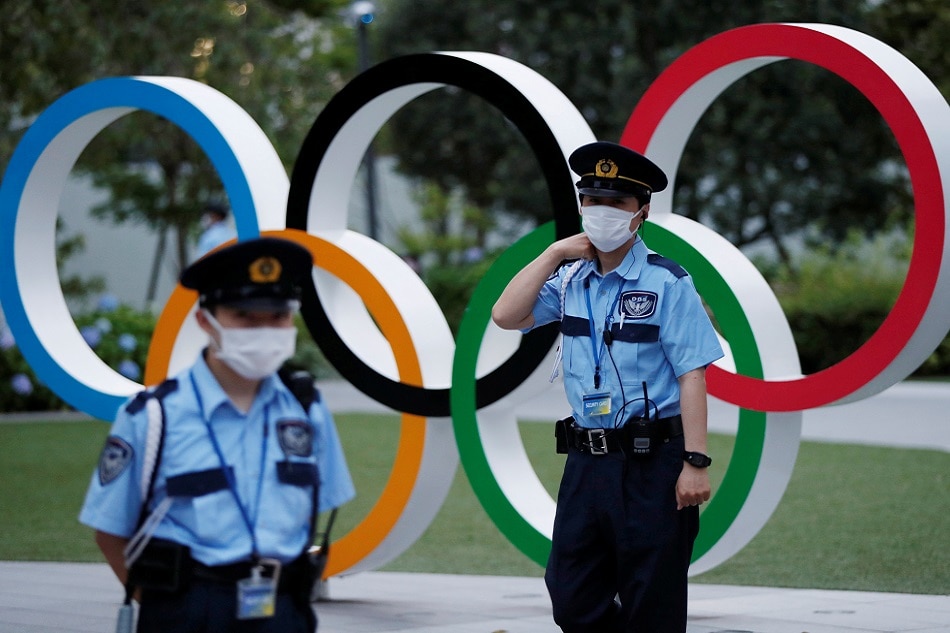#NOTOKYOOLYMPICS
Japan government eyes quasi-state of emergency in Tokyo during Olympics
TOKYO—The Japanese government is considering placing Tokyo under a quasi-state of emergency during the Olympics, given that a number of health experts have expressed concern over a potential spike in COVID-19 cases, officials said Monday.
The Olympics are due to begin on July 23, but public fears persist about a surge of coronavirus infections triggered by an influx of people into the Japanese capital and driven by more contagious variants.
Since late April, Tokyo has been under a stricter state of emergency, but it will likely end on June 20 as a fourth wave of infections has somewhat abated.
In addition to Tokyo, nine prefectures including Hokkaido, Osaka and Fukuoka are currently under the emergency.
The government is now planning to lift the emergency in most of the prefectures and to shift several of them to a quasi-emergency with smaller fines for noncompliance under which restaurants and bars will still be asked to shorten opening hours but may be allowed to serve alcohol.
The government will consider whether to maintain the planned quasi-state of emergency through the Olympics, due to close on Aug. 8, or to lift it and impose it again before the games open, according to the officials.
"We will take measures appropriately. There will be no cancellation or postponement (of the Olympics)," said one of the officials, who spoke on condition of anonymity.
The official said staging the Olympics and Paralympics has now become an international commitment after leaders of the Group of Seven wealthy democracies expressed support on the weekend for the sporting extravaganza.
A joint communique released Sunday by the leaders of Britain, Canada, France, Germany, Italy, Japan and the United States after their summit in Britain said they back the holding of the games "in a safe and secure manner as a symbol of global unity in overcoming COVID-19."
Under a quasi-state of emergency, governors are allowed to impose measures in specific areas rather than entire prefectures.
A group of infectious disease experts, including Shigeru Omi, head of a government subcommittee on the virus, is expected to disclose this week the various health risks if the Olympics take place as scheduled.
Omi, the country's top COVID-19 adviser, has been apprehensive about staging the Tokyo Games, saying it is "not normal" to go ahead during a global health crisis.
Prime Minister Yoshihide Suga will convene a task force meeting as early as Thursday to make a decision on whether to end the third state of emergency.
Attention is focused on what the government and the organizing committee of the games will do regarding spectators after those from overseas were barred in March.
The organizers want to allow at least some people in the stands and will decide on an upper limit for domestic spectators by the end of June.
The limit will be set according to the government's restrictions on the number of attendees at major events, such as sports games and concerts.
Until the end of this month, attendance at big events will be limited to a maximum of 5,000 people or 50 percent of a venue's capacity, whichever number is smaller.
Among other options, the government is now looking to relax the limit to 10,000 or 20,000 or restricting the number to simply less than 50 percent of venue capacity, according to the officials.
The subcommittee will hold a meeting, possibly Wednesday, to discuss how many people can be allowed at major events in July and August.

No comments:
Post a Comment